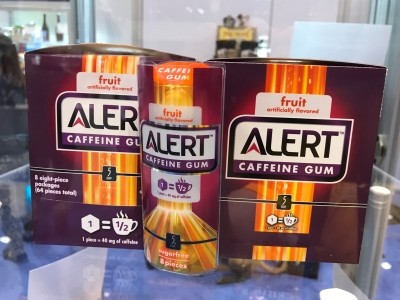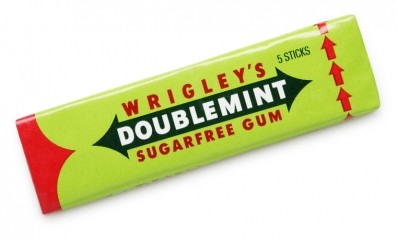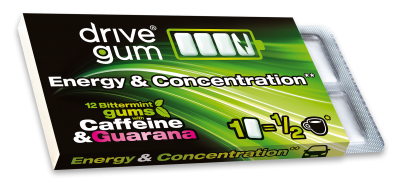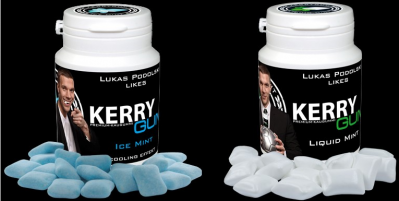Still fuel for caffeine gums after Wrigley halts production on FDA concerns
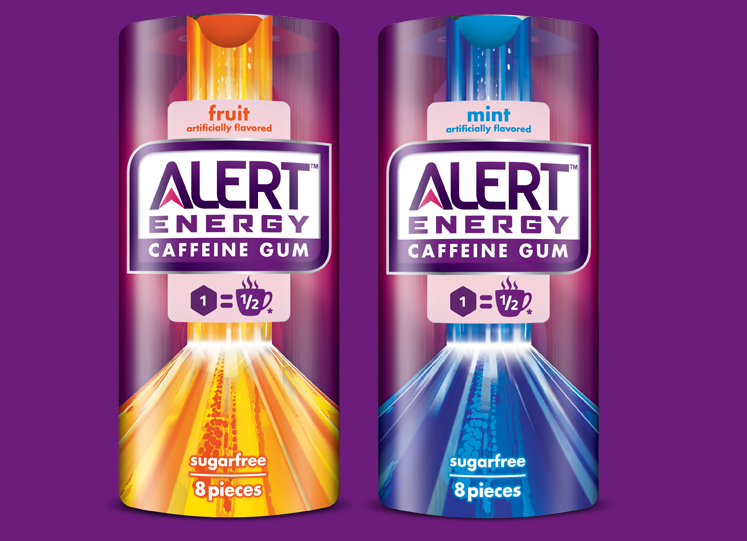
Thomas Jahn, marketing manager for Fertin Pharma, which produces its own private label energy gum, said at Vitafoods in Geneva earlier this week.
“Although it’s been pulled back, you see a lot of energy products coming into the market and it’s also that the energy drink category has become so big and everyone’s trying to get a piece of the action. People are trying to diversify their products and chewing gum is a natural way to go on.”
“I think it’s just a matter of time before that market comes again. It’s just a matter of making sure the product is morally acceptable so that it doesn’t attract children.”
‘Almost same amount of caffeine as in Coke’
“There’s almost the same amount of caffeine in a can of coke as there is in an energy chewing gum,” he added.
A can of Coca-Cola has 32 mg of caffeine and a can of Diet Coke contains 42 mg.
Each piece of Wrigley’s Alert gum contains 40 mg of caffeine, about half a cup of coffee’s worth.
FDA: 400 mg daily - a safe limit
Earlier this month, the US Food and Drug Administration (FDA) announced that it would investigate the safety of caffeine in food products amid concerns about the effect on children and adolescents.
According to Mintel, teens and adults aged 18-24 are the biggest gum users in the US.
The FDA has suggested that 400 mg a day - about four or five cups of coffee - is a safe maximum amount, but it is conducting a review.
Gum halted to respect FDA
On Tuesday last week, Mars-owned Wrigley said it would halt production, sales and marketing of its Alert Energy Caffeine Gum, which had only been in store shelves for a matter of weeks.
Casey Keller, president of Wrigley North America, said in a statement that the company took great strides to ensure the product was marketed to over 25s, but said it took the action “out of respect for the FDA” to give it time to develop a regulatory framework for caffeine in food and drinks.
Mintel analyst Marcia Mongelonsky said at the time the gum was launched that it could prove to be a lawsuit hazard. See HERE.
Caffeine taste a plus
Wrigley had claimed that the gum left a caffeine after-taste that would put young people off.
Jahn of Fertin Pharma, said of his own company’s energy gum: “There is a slight taste of caffeine, but what we get from consumer research is that consumers like to taste the caffeine so they know its there – because one of the big issues with chewing gum is that not all consumers believe you can get active ingredients into your system as you’re not swallowing it.”
Fertin Pharma’s energyGum contains 50 mg of caffeine per piece.
Jahn said that with gum you get the caffeine effect within a few minutes, whereas it takes 30-40 minutes to kick in for coffee or an energy drink .
Market potential
Ferin Pharma says on a fact sheet for its energyGum: “Given the significant benefits that chewing gum as an energy delivery system has, especially compared to energy drink, the potential for taking a piece of the $100bn plus energy food and drink market is substantial.”
It further contends that a 10-piece pack of energy gum is around the same as taking five energy drinks, meaning the consumer makes fewer purchases. It adds that gum also requires no refrigeration, unlike drinks.
Cesar de Ghouy, executive director of Los Angeles Industries, producer of L.A.Fuel gum, previously told this site that Wrigley entering the energy gum segment would raise awareness of the category – which he called a “rising star”.
Survey
Was Wrigley right to halt operations of Alert Energy Caffeine Gum?
Yes – it was the right thing to do until the risks are fully understood.
27%No – Energy drinks are aggressively marketed to kids and Wrigley took all possible precautions for its product.
57%The product should be pulled completely. Nobody needs that much caffeine.
16%
